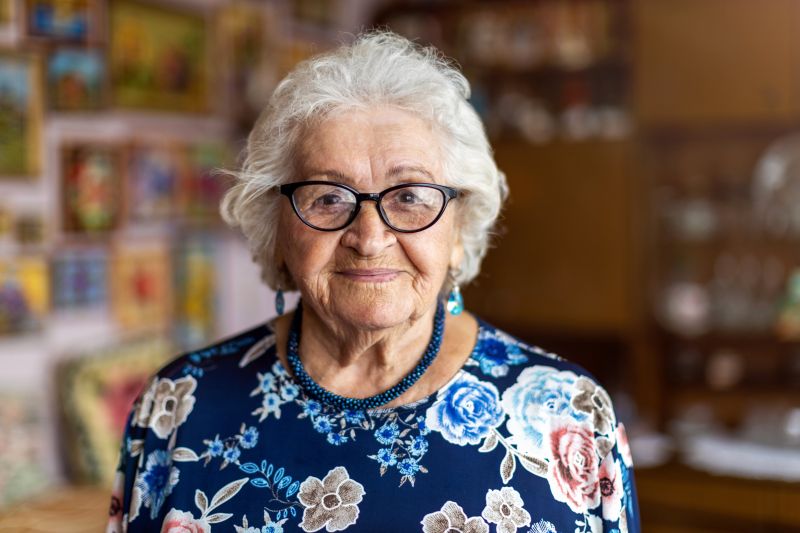15 Signs a Loved One Needs Additional Care

Recognizing when an older adult loved one may need additional care is crucial for their well-being.
1. Decline in personal hygiene: If you notice your loved one neglecting their personal grooming or appearance, such as unkempt hair, body odor, or wearing dirty clothes, it could be a sign they need assistance with personal care.
2. Difficulty with mobility: Struggling to walk, experiencing frequent falls, or needing assistance with mobility aids like canes or walkers may indicate the need for assistance or supervision.
3. Weight loss or poor appetite: Sudden weight loss or a noticeable decrease in appetite may be a sign of underlying health issues, depression, or difficulty with meal preparation.
4. Forgetfulness and memory problems: Frequent forgetfulness, difficulty remembering names, appointments, or recent events could be early signs of cognitive decline or conditions like dementia.
5. Medication mismanagement: If your loved one consistently forgets to take medications or has difficulty managing their prescriptions, it may be time to consider additional support.
6. Neglected home or living space: A significant decline in housekeeping, unopened mail, piled-up laundry, or general disarray in their living environment may suggest they are struggling to maintain their home.
7. Unexplained bruising or injuries: Frequent bruises, cuts, or unexplained injuries may indicate falls or accidents that occur due to decreased mobility or balance problems.
8. Social withdrawal: If your loved one is suddenly isolating themselves, avoiding social interactions, or losing interest in activities they once enjoyed, it could be a sign of depression, anxiety, or declining health.
9. Difficulty managing finances: Struggling to pay bills on time, confusion with financial matters, or a sudden increase in financial scams can indicate cognitive decline or problems managing finances independently.
10. Changes in mood or behavior: Significant changes in mood, increased irritability, aggression, or uncharacteristic behaviors may signal underlying health issues or emotional distress.
11. Lack of food or expired food in the house: An empty refrigerator or pantry, reliance on expired food, or inadequate nutrition may be signs that your loved one is having difficulty grocery shopping or preparing meals.
12. nopened or unread mail: Neglected mail could indicate difficulties with organization, vision problems, or cognitive decline.
13. Frequent accidents or near-misses: Evidence of burns, unattended stoves, or other accidents in the home may suggest a decline in cognitive abilities or physical coordination.
14. Increased reliance on others: If your loved one consistently asks for help with tasks they once managed independently, it could indicate a need for additional care or support.
15. Unexplained changes in weight, mood, or physical health: Significant changes in weight, unexplained pain, fatigue, or other physical symptoms should be evaluated by a healthcare professional to determine if further care is required.
It's important to remember that these signs may vary depending on the individual's baseline health and circumstances. If you observe any concerning changes, it's advisable to consult with healthcare professionals, such as doctors or geriatric care managers, to assess the situation and explore appropriate care options. For additional help around the home, visit Senior Resources Guide. For Assisted Living or Memory care, Search Senior Communities Guide.
